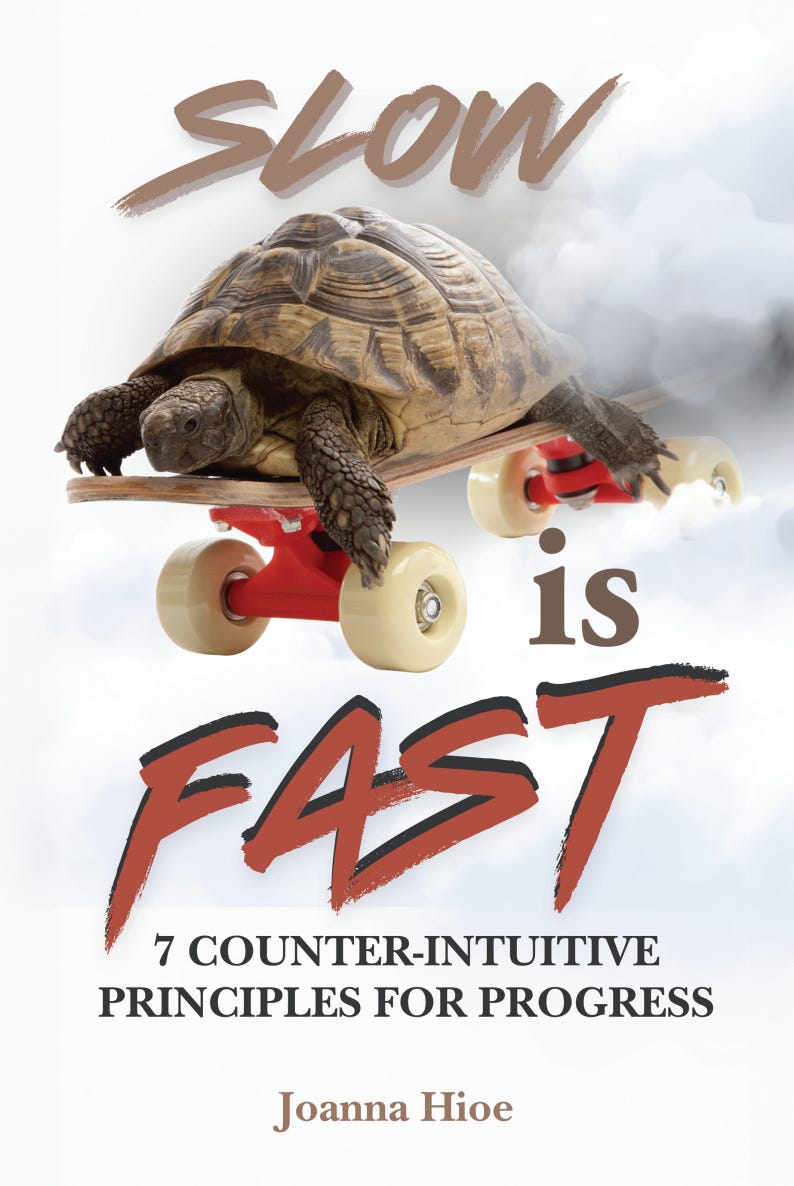Most of my adult life has been a journey of learning that I had a voice and figuring out how to use it. While this Substack is mostly about music, I’ve realised that a “voice” transcends mediums. It’s about music, writing, and ultimately, owning my life.
After completing my Literature degree at the National University of Singapore, I thought I would find my voice. I felt the same after my Masters at the School of Oriental and African Studies. Yet, it came in ebbs and flows. I had the confidence to speak and knew what to say, but often I was the one stopping myself.
Despite all the equipping and credentials, I knew I had a voice but was afraid to use it. It’s like knowing how to play an instrument yet not being able to express your own heart.
When my job involved copywriting for social media and other forms of communication, I thought I would finally find my voice. I had the skills to communicate across multiple mediums, but I wasn’t sure if I had something to say. Or perhaps I did, but I was afraid to.
That tension between knowing and using my voice has been a lifelong one. Here’s an excerpt from my soon-to-be-released book on songwriting, Turn On Your Original Sound, where I wrote about it.
I remember growing up in kindergarten and being bullied for being fat. I didn’t know how to speak up for myself. The more it happened, the less I responded. Somewhere deep down, I believed that staying silent was the right thing to do — the Christian thing to do, or maybe the kind thing to do.
But as the laughter grew louder, my voice grew smaller. I began to feel like I did not have a voice at all.
When I became a teenager, I found that voice through drama. It seemed like the only way to tell the truth was to hide in fiction — to become another character and express who I truly was through someone else. Then, at sixteen, I met Jesus properly at a church camp. That changed everything! I realized God saw me when I was hiding, just like Adam and Eve in the garden. He saw me, He knew me, and He loved me fully. His love meant I was free to live in His light.
The theme of the camp was “Regeneration”—how God brings life where there was only brokenness. We were shown how a starfish, when it loses an arm, could regenerate and grow it back. In the same way, God restores what is broken in our lives and gives us a voice to tell His story through our story.
Those words still serve as a reminder to myself as I read them today. Because even after that encounter with Jesus, I’ve found myself having to meet that six-year-old version of me, and find my voice again and again.
In fits and starts, I’ve tried to tell my story. Sometimes, I censor myself even when no one is stopping me. Throughout my PhD journey, my supervisors and mentors often reminded me to have confidence in my own data and to “trust yourself”. Yet even after finding my research focus, I still struggled with owning my voice.
This was even after I had released my first self-published book! (Shifting Seasons, a book on navigating life’s transitions.) It made me realise that finding your voice does not come with credentials, training, or a one-time achievement. It is a choice to be made every day — even every moment.
Maybe this too is part of my story: unlearning whatever lies made me feel that my story is not valid, and learning to use my voice as imperfectly and simply as I can.
Part of becoming a writer and musician is finding the courage to share my story and God’s story in my story.
With that, I’m grateful to release my second self-published book, Slow is Fast. It’s about the principles of progress I’ve learned in becoming a writer, a musician, and an athlete, having the courage to define myself as that, and then to become it.
Perhaps that’s what finding your voice is about. It’s not about having it all together, but the learning, the journey, and who you become along the way.
📖 Slow is Fast is available now on Amazon.
Remember: your story is valid.
